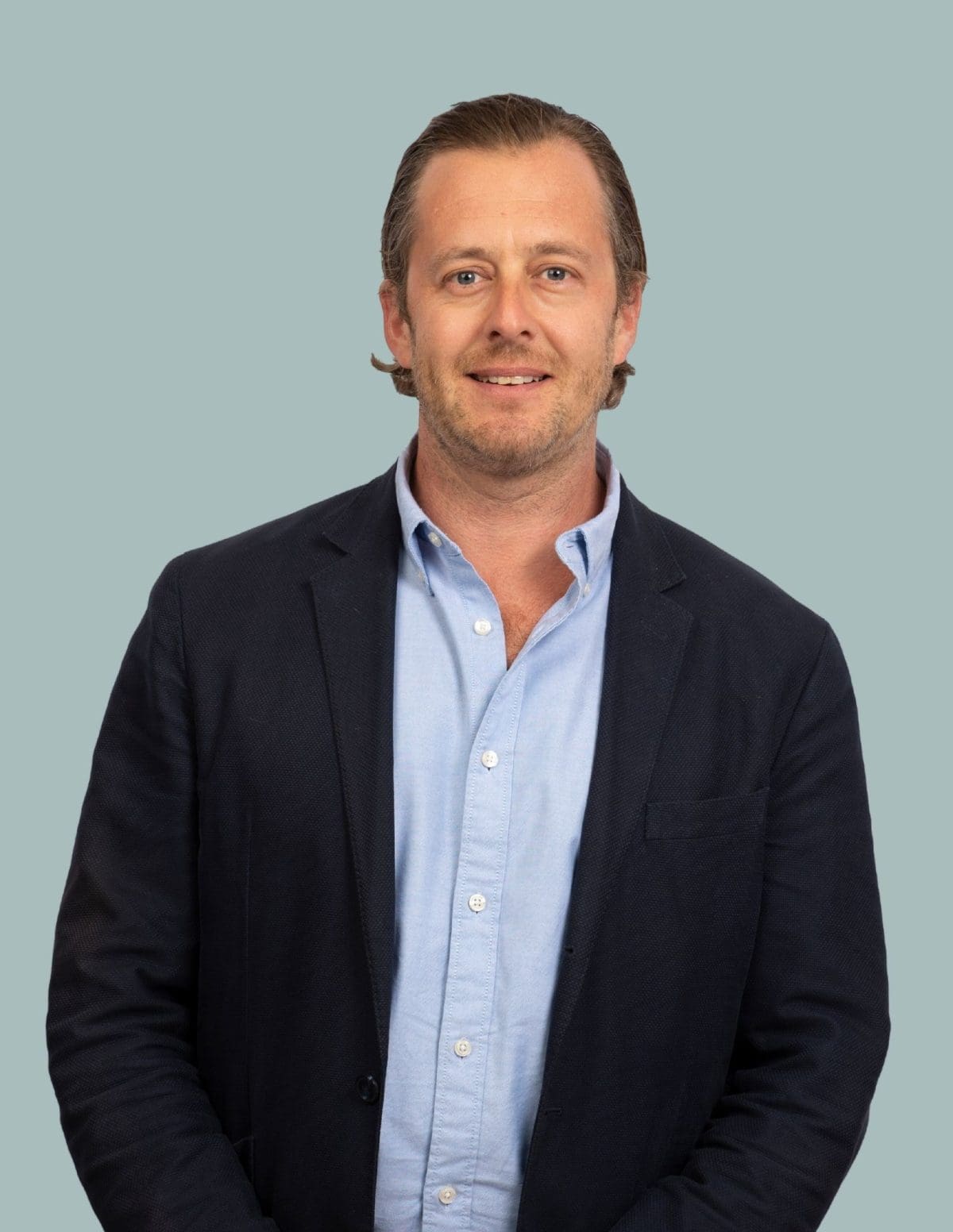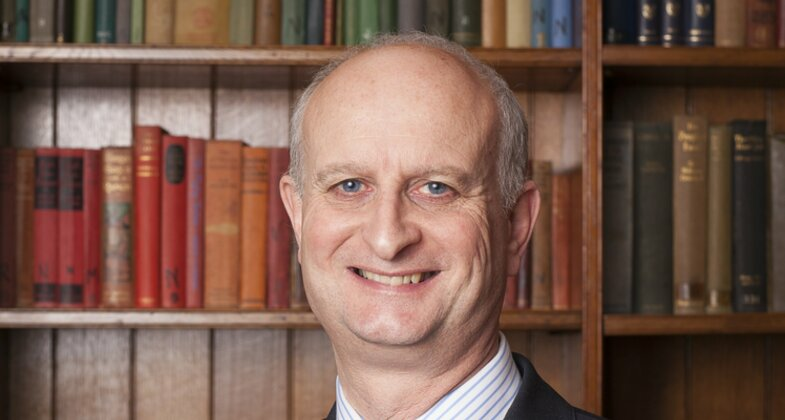Five minutes with…Iain Standen, CEO of Bletchley Park
Bletchley Park, once home to the top-secret World War Two Codebreakers, is now a vibrant heritage attraction. In the latest edition of our ‘Five minutes with…’series, Will Pringle, Berwick Partners’ Head of Charity, Arts, Culture & Heritage Practice talks to Iain Standen their CEO, where they discussed the challenges both he, and his organisation have faced over the past few months.
Our conversation started with a discussion around the effect of the COVID-19 pandemic on the cultural sector and how Bletchley Park had responded to the crisis.
Iain began explaining “As with most organisations in our sector, we are reliant on 95% of our income being derived from our visitors, therefore on 19th March our income fell off a cliff edge. We very quickly took advantage of the job retention scheme, with 94 of our 119 staff being furloughed.
We’ve cut costs and remodelled the business to extend the life of the organisation further.
We’ve taken up some opportunities for grants including £150k from the National Lottery Heritage Fund, to support our reopening process and contribute to our digital learning programmes.”
Iain explained “We started planning for reopening as soon as we closed, observing and tracking other sectors as government guidance began to become available. A museum or visitor attraction has similarities to the retail environment, so we watched this sector closely.
We’ve kept in close contact with all our stakeholders and funding partners, keeping them informed of what’s going on and how we are responding to the challenges presented to us. Feedback from our stakeholders has been excellent and the have appreciated our regular and clear communication.”
Our conversation continued exploring Iain’s views on how the crisis may impact into the future.
He explained “In the short term as the crisis continues and restrictions remain in place and we are living with threats of a potential second peak, people’s fears and anxieties and a lack of a vaccine, our visitor numbers are likely to be significantly down.
As a sector we need to work out how we live with a reduced number of visitors and therefore we will have to look at potentially a lower cost base.
Continuing the conversation around the future of the sector our discussion turned to people’s desire to visit a place as opposed to a digital experience.
Iain told me “The key thing here is that we are a sector about travel, place and experiences. We are telling a story about people and a place and therefore people want to come to these places and have a physical experience.
People have said why don’t you move more digitally, but if you think about it, you can look at thousands of images of the Mona Lisa online, but you still go to the Louvre and are prepared to stand 10-deep to see the actual picture. That’s what this is all about, people go to experience things for real and there is absolutely no substitute for being in the place.
Our fundamental offer with people coming to our site and paying for an experience will not change but how we do things on the periphery may. We will need to explore how people experience our offer in different ways, but unless it can contribute financially to our business, we cannot afford to invest too much.
Due to this situation we’ve been forced to operate more in the online environment and engage with our visitors digitally because we’ve had no other choice, but in my opinion, digital is not the answer to all our prayers. Yes, it’s useful to give people a taste or a teaser of the physical experience that they will be having, or for those unable to visit to have an experience, but there is no substitute for being present in the place and for real life experiences.
Much like working from home is not a long-term solution but something we’ve been forced to adopt, we are a people focussed business which requires people physically on site, engaging with each other and our visitors.”
Talking about his approach to leadership during the crisis, Iain started by admitting the situation had been challenging, explaining that at the end of the day there is no substitute for face-to-face communication or the ability to just walk into somebody’s office to bounce an idea or for those ‘water cooler’ moments:
“I have encouraged my teams to talk to each other much more than they would normally and to ensure they talk sideways, because it’s very easy for people in this environment to either get on and work hard but forget the impact that they may be having on another area of the business or team.
Iain discussed how he’s become much more aware of people’s personal circumstances and needs, and how, during lockdown, people have become much more aware of their colleagues’ personal situations and their worries.
Offering advice to emerging leaders around how to deal with a crisis, Iain talked about before, during and after: “Planning ahead for business resilience will be absolutely critical.”
He admitted what had helped and perhaps saved Bletchley Park was the fact that they had some built some big reserves for a major project which they were able to repurpose, but this was more by accident rather than design: “In a sector where many of us are fundraising for a variety of projects I know that there is always nervousness that funders may be put off by a strong reserve situation, but we have learnt that you cannot sail too close to the wind. We need to learn from the crisis and therefore build our reserves to ensure the long-term sustainability and resilience of the organisation. We had previously had a three-month free reserve policy but will now look to grow that to six or twelve months.”
Iain talked about the need during a crisis to avoid knee jerk reactions, to maintain regular and clear communication and ensure diarised meetings are kept to.
His key advice for during a crisis is for people to not to expect things to be normal and remember that it’s a situation that you just have to get through.
Iain explained it was important from a leadership perspective to ensure that you stay at the right level during a crisis and don’t get pulled too much into the detail. He told me “It’s all too easy to jump into the detail but more important to see the whole picture.”
Finishing our conversation, Iain explained that during the crisis it was important to look forward and not back and that it was too soon to post-mortem the situation. He told me that a leader must make clear decisions and must back their team.
Iain explained that once the crisis had passed was the time to “review, learn and move on”.
Bletchley Park reopened safely to the public on the 4th July.
For more information please contact Will Pringle, Head of the Arts, Culture and Heritage practice at Berwick Partners.
Photo credit: Will Amlot





